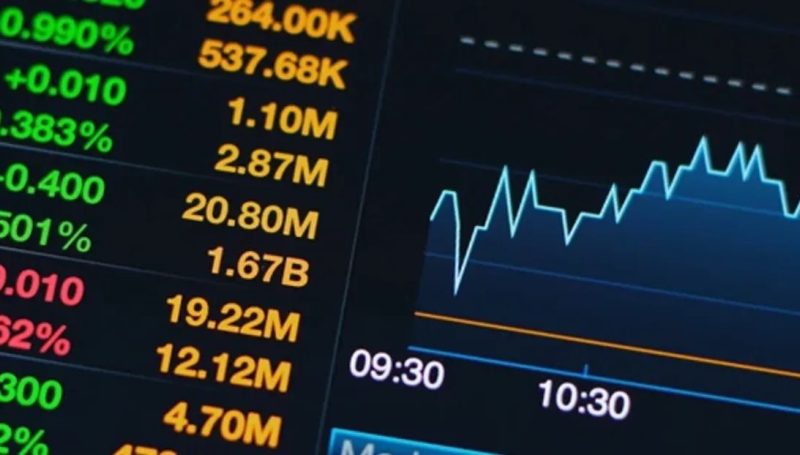by Michael Hasenstab, Ph.D., Portfolio Manager, Chief Investment Officer, Templeton Global Macro®, & Calvin Ho, Ph.D., Portfolio Manager, Director of Research, Templeton Global Macro
Key takeaways
͏͏͏͏͏September overview:Politically influenced actions, mostly out of the United States, continued their influence on global economies and markets during September. Tariff negotiations continued with a number of countries and concerns about a possible US government shutdown increased as the month progressed (the shutdown went into effect at midnight at month-end). Growth-related data releases during the month in the major economies continue to indicate some weakness in activity, seemingly partly related to tariffs and policy uncertainty, but still indicating recession should likely be avoided. Global inflation data have been somewhat mixed, trending modestly higher in developed economies but flat to lower across a number of emerging markets (EMs). As widely anticipated, the US Federal Reserve (Fed) resumed its easing cycle during September, but many other central banks paused during the month. The US dollar (USD) showed mixed performance against various currencies in September, resulting in the USD Index (DXY) ending unchanged in September (it is down almost 10% year-to-date). Bond markets mostly gained in September, across developed and emerging markets as well as sovereign credit.
Outlook: Uncertainty continues to cloud the outlook as tariff and trade negotiations drag on, while other politically related challenges for financial markets (such as the US government shutdown and political issues in various countries) also contributed to uncertainty. Fiscal policy across a range of countries remains a key structural concern, and there are indications that decisively correcting fiscal issues may be politically problematic (for example, the French confidence vote/government collapse in September was centered on budget cuts). We believe the USD remains broadly overvalued and we continue to expect weakening over the medium term. We are positive on select EMs, even within the new global trade landscape, but are carefully monitoring which countries we think are best placed to navigate this environment. We also remain constructive on select developed markets.
Continue reading further by downloading the PDF, which highlights the Templeton Global Macro team’s market and economic overview, and outlook for the month.
*****
WHAT ARE THE RISKS?
All investments involve risks, including possible loss of principal. Past performance is no guarantee of future results. Please note that an investor cannot invest directly in an index. Unmanaged index returns do not reflect any fees, expenses or sales charges.
Fixed income securities involve interest rate, credit, inflation and reinvestment risks, and possible loss of principal. As interest rates rise, the value of fixed income securities falls. Low-rated, high-yield bonds are subject to greater price volatility, illiquidity and possibility of default.
Changes in the credit rating of a bond, or in the credit rating or financial strength of a bond’s issuer, insurer or guarantor, may affect the bond’s value.
International investments are subject to special risks, including currency fluctuations and social, economic and political uncertainties, which could increase volatility. These risks are magnified in emerging markets. Investments in companies in a specific country or region may experience greater volatility than those that are more broadly diversified geographically. The government’s participation in the economy is still high and, therefore, investments in China will be subject to larger regulatory risk levels compared to many other countries.
Currency management strategies could result in losses to the fund if currencies do not perform as expected.
Concentrations of certain securities, regions or industries is subject to increased volatility. Investment strategies incorporating the identification of thematic investment opportunities, and their performance, may be negatively impacted if the investment manager does not correctly identify such opportunities or if the theme develops in an unexpected manner.
Diversification does not guarantee a profit or protect against a loss.
Unless otherwise noted, the source for all information is Franklin Templeton. Benchmark-related data provided by FactSet.
WF: 7011908













